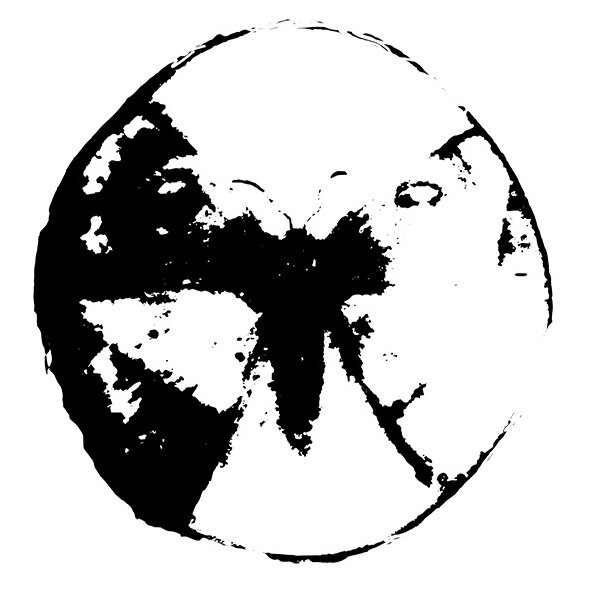When Enough Became Enough
When I was completing my Master’s Degree in Fine Art, I studied abroad in Italy. What I learned there changed everything. I had come with the idea that I would encounter an ancient culture, and by ancient I mean a culture that was less advanced than what I knew. I found just the opposite. As I was walking through the remains of the city of Pompeii, I realized that we have not done things better than in Renaissance Italy. Partially because of the intelligence, the design, and the innovation. But mostly because of the hand-made craftsmanship that is everywhere. The handles on cutlery found in a Pompeiian home are painstakingly well crafted. The quality of the marble floors and intricate detail of the mosaic walls, the expanse of the architecture, it all holds up and surpasses anything that would be made today. In a postindustrial, information saturated age, the cost of such craftsmanship is irreplaceable. We couldn’t afford it.
When St. Paul writes in Ephesians 2:10 that, “…We are God’s handiwork…” I consider his words in the context of the culture Paul was writing in, a culture similar to what I observed in Pompeii. I am not talking about Religion or a Christianity that is overly Westernized or simplified. I am searching for what it means to be fully alive and human. The Greek word Paul used for handiwork is “poiema.” It is where we get the English word for poem. Some researchers would go so far as to say that Paul is describing humankind as God’s Artwork. In Paul’s day, artwork wasn’t in some quiet museum waiting to be observed, it was all around. A part of everyday experience. Everything was handmade, and considering what I observed in Pompeii, handmade extremely well. Paul was a craftsperson, financing his travel through work as a tent maker. I imagine craft would have meant a great deal to him. Considering where Paul lived and traveled, he would have been exposed to Etruscan frescoes depicting beautiful landscapes and Roman Architecture with grand and expansive columns and ornate reliefs. I wonder if Paul was thinking about a particular work of art when he wrote this passage, and if so, what kind of significance did it have to him? I do know that he asks me to remember my identity is a beautiful, one of a kind, hand-made thing. Maybe he knew something about creativity and craftsmanship that we have forgotten today. Maybe this is how we are designed, to make and invent things. Innately, just because…
I used to think my value as an artist came from what I did, but now I know that the real flesh and blood matters are found in my artist’s heart. The heart I was born with. I used to put the mantel of financial success on my work. Or how popular my work became. Or praise I got for its uniqueness. Because if I am honest I have a real fear that…when it’s all said and done that I will have missed it. That my life will pass and that I won’t make a significant contribution, that I screwed it up—my one chance—and now I will dissolve like a vapor into the unknown and nobody will notice or care. There is this primal longing within me to matter. I try to get a handle on this fear by performing.
We live in a culture that affirms the idea that people who work hard enough, who are smart enough, invest their money well and don’t buy expensive jeans, that keep that twenty something appearance well into middle age, or who get all A’s, who exercise when they are supposed to, and who have a diet of only greens and lean protein. That they are the ones. They are the ones worth it. They are the ones keeping all the rules just right. Those who reject this social norm we label dilatants, slackers…they are shamefully insignificant. It’s probably why we don’t value our elderly like we should, or our mentally challenged, or even our children. Because when you get down to it, we find a person’s real value resides in the status of what they do.
But we are poems. We are artwork. It sounds too good to be true. It sounds like a lie that dreamers believe who don’t live in the real world where results matter. But what I have observed is this: Those who are truly doing creative work, who have the kind of lives that everybody else wants, they know this. They let this belief reside in their bones. They don’t do work chasing anything, they do work because they already have it to give. They have changed the dynamic of life from one of a transaction i.e. you do this to get that, to one that starts and ends with joy. It is life changing. It is changing me. It changes the space from which I make my work, whether it is work that supports my family financially or not. I no longer work for money, I work for money that supports a life well lived. Money is a means, not a master. It creates more opportunities to be grateful on all kinds of levels. And when I get a chance, I break bread and wine with others, and maybe cry and then laugh, and then cry some more. Because poems we are. Every one of us.
If you like the ideas I have shared and would like to take this information to the next level, sign up to my News Letter to receive a free digital download on Creativity and Finding Your Individual Voice, here.
